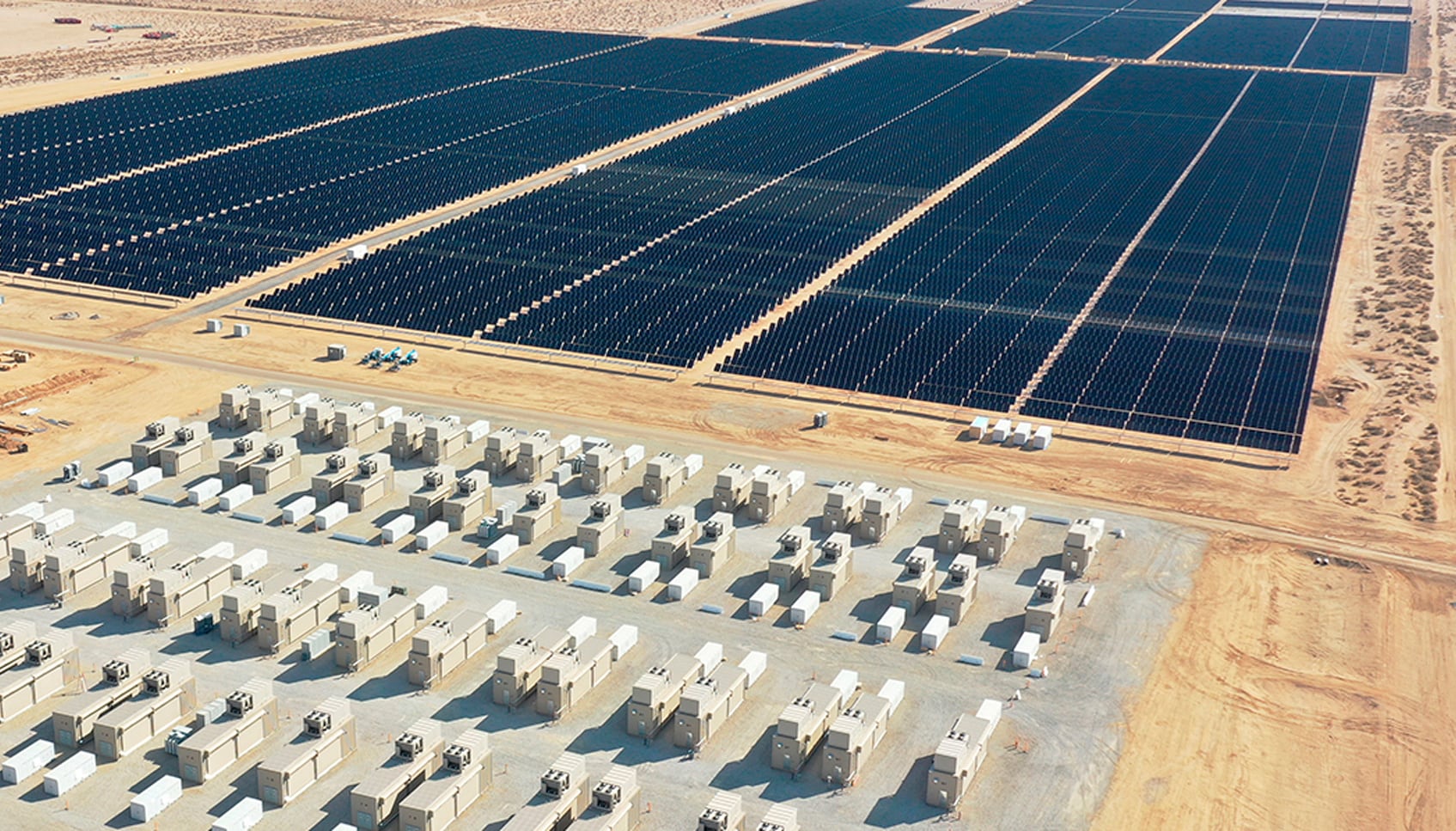“Gas accounts for 40% of California’s grid. However, its use in April registered its lowest proportion in seven years.”
Can someone explain to me how this is economical? (The article is pretty light on facts, and the few facts that it has are suspect anyway due to the article’s technical mistakes, like measuring capacity in “megawatts”.)
The maximum price of electricity (that I could find) in California is $0.66/kWh . That means, if you charge at night, or at some theoretical time when electricity is free, and then sell at that maximum price every day, your round-trip profit is $0.66 for each kWh of battery capacity. Lithium-ion batteries, if I’m being generous, last up to 2000 charge cycles. Let’s say they don’t lose any capacity during that time, either. That means your profit $1320 per kWh, for the whole life of the battery.
The cheapest grid-tie batteries I can find are about $3000 per kWh, so about twice as much as the total lifetime profit.
Is there something I’m missing?
Grid storage wouldn’t be lithium ion, something like lithium phosphate would be better.
Step one, buy in bulk to get a price closer to $150/kwh
Step 2, use for much longer than 2000 cycles, lfp have much longer expected lifetimes, and since space/weight aren’t a huger consideration, you can replace individual cells when they go bad.
Step 3, produce your own energy, if you have your own energy generation, you don’t need to pay grid prices, and profit is much better.
Disclaimer, I am not an expert in this at all, but this is how I imagine it could make sense.
First of all grid scale batteries are 10x cheaper then you think they are at $300/kWh. Then they are competing with peaking gas power plants. those are inefficent, but can start up and shut down quickly. However the cost of those is at about $151–198/MWh. per kWh.. So you need 2000 charge cycles to break even. Batteries also last a lot longer then that up to 10,000 cycles under optimal conditions.
2000 cycles isn’t the full lifespan, it’s the lifespan to 80% capacity. At least that’s how I’ve seen it rated.
Also I think the battery backup is more on the grid scale. California for instance has a couple dozen gwh of grid battery storage
This article doesn’t really say, but gas power plants are frequently used for peak demand because you can easily throttle them to meet fluctuating demand (and generated power that is not used is wasted). So, even though we’re comparing energy production (gas) with energy storage (batteries) it does make some sense because the batteries can probably replace the need for peaking plants eventually. If we can smooth out the demand cycle with storage for power generated during off-peak hours it would make the power grid much easier to manage.
They also can take power out of the system quickly, which is extremely usefull for balancing a grid.



